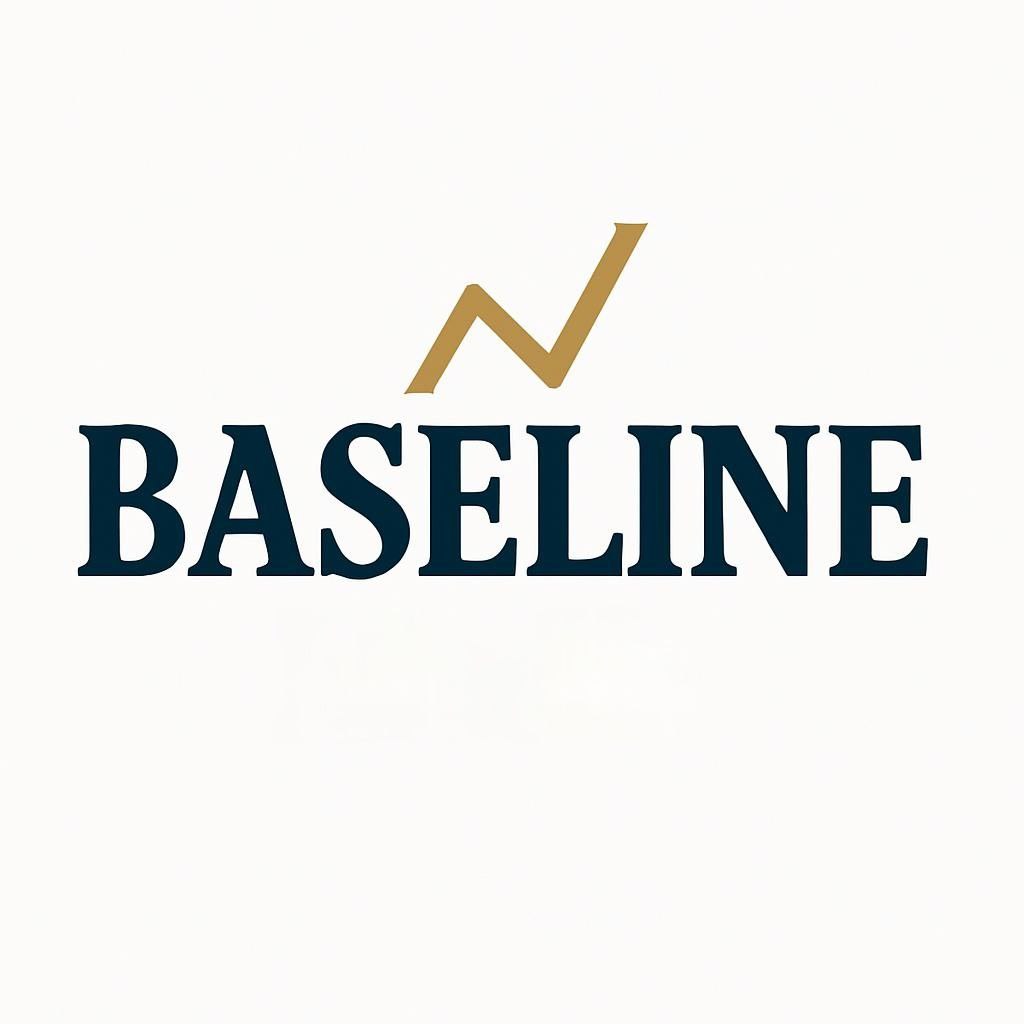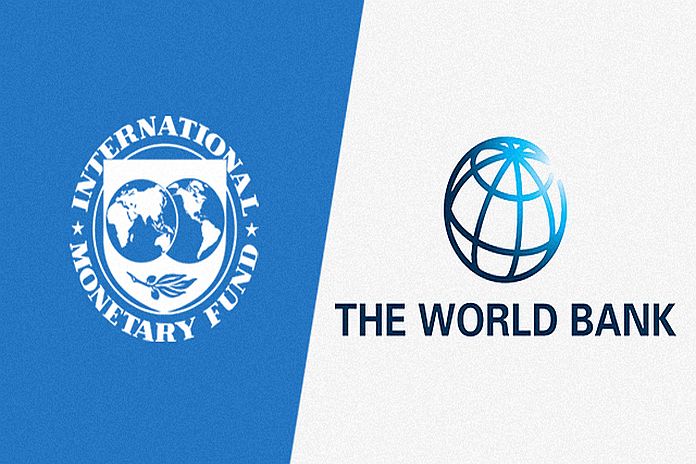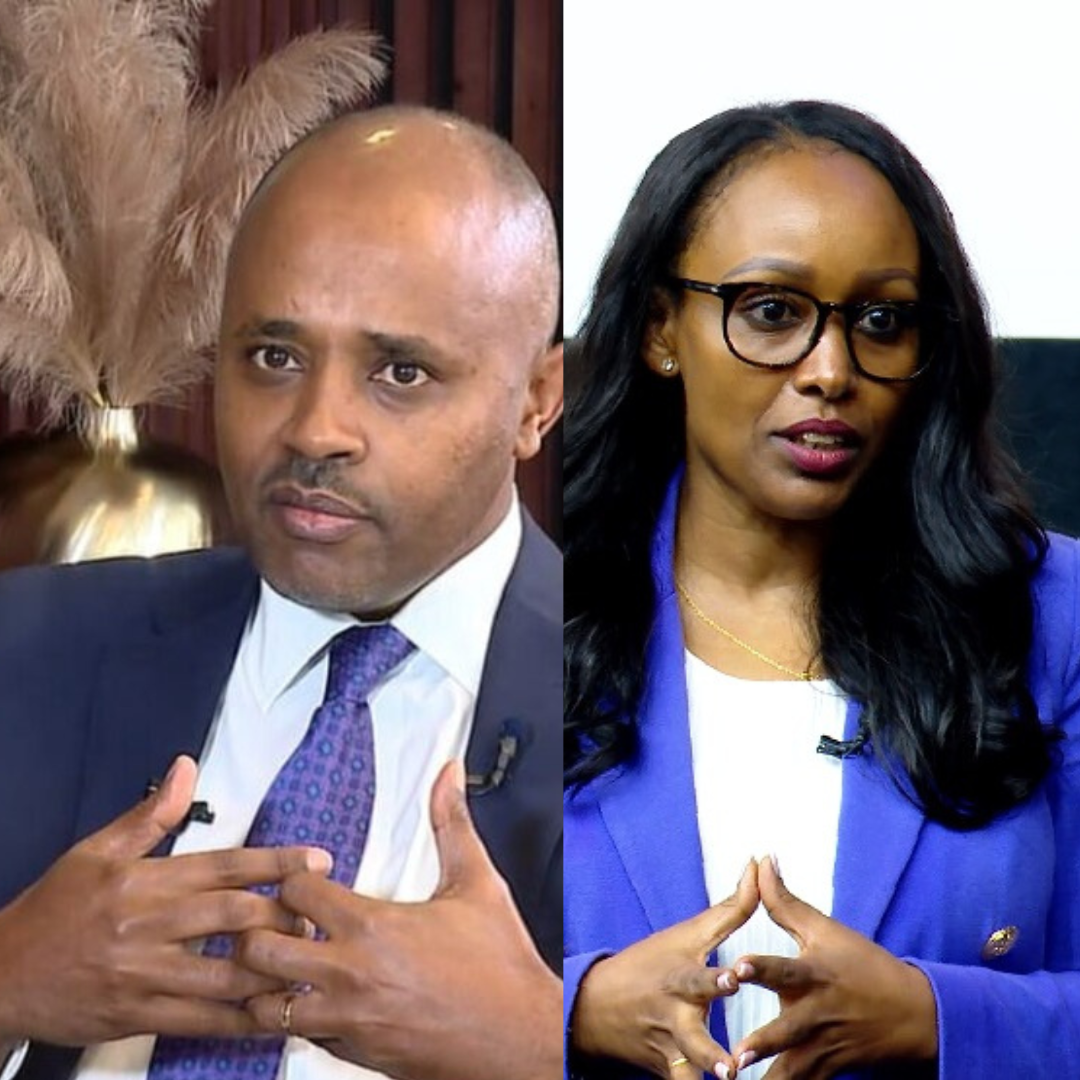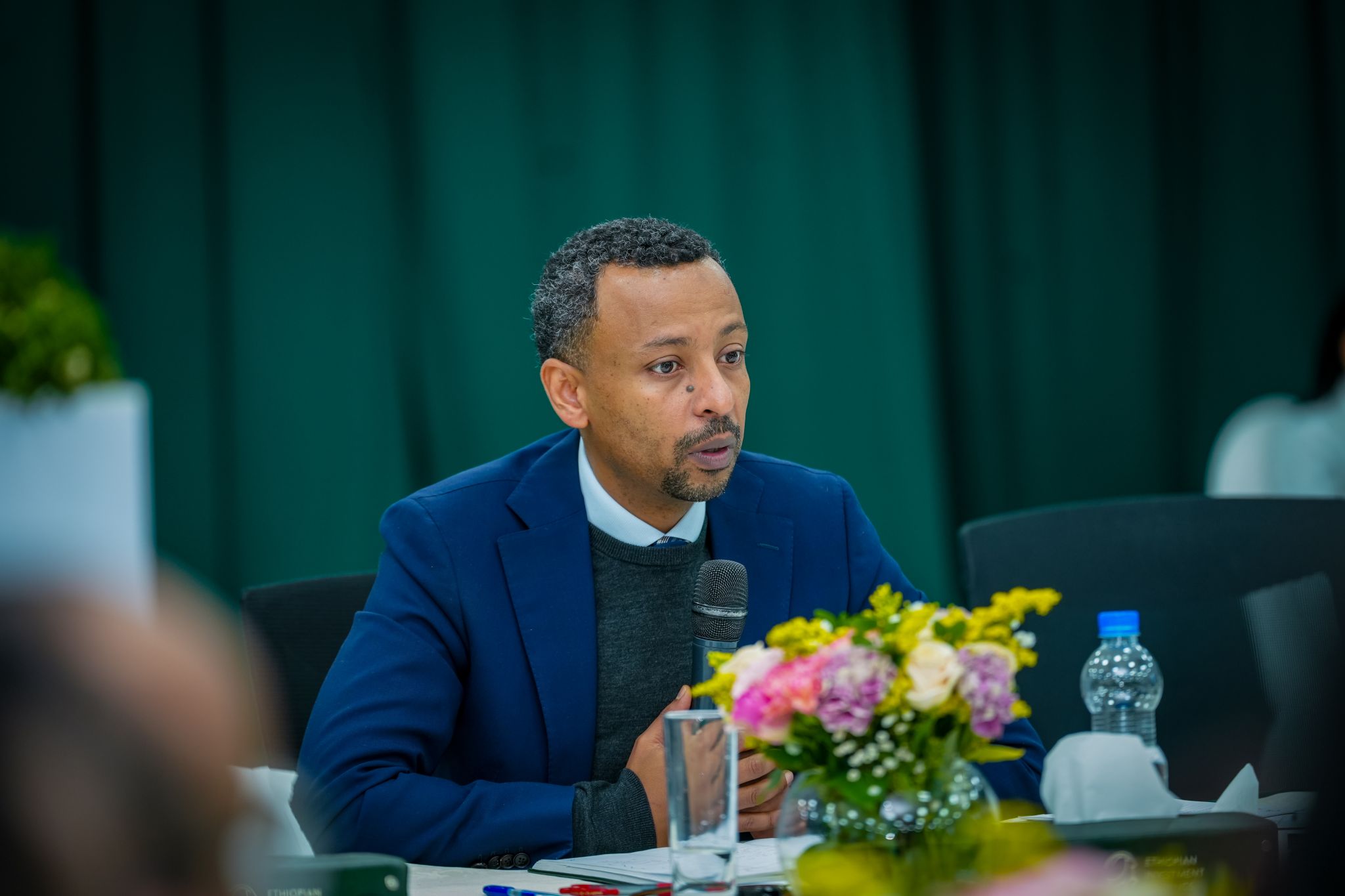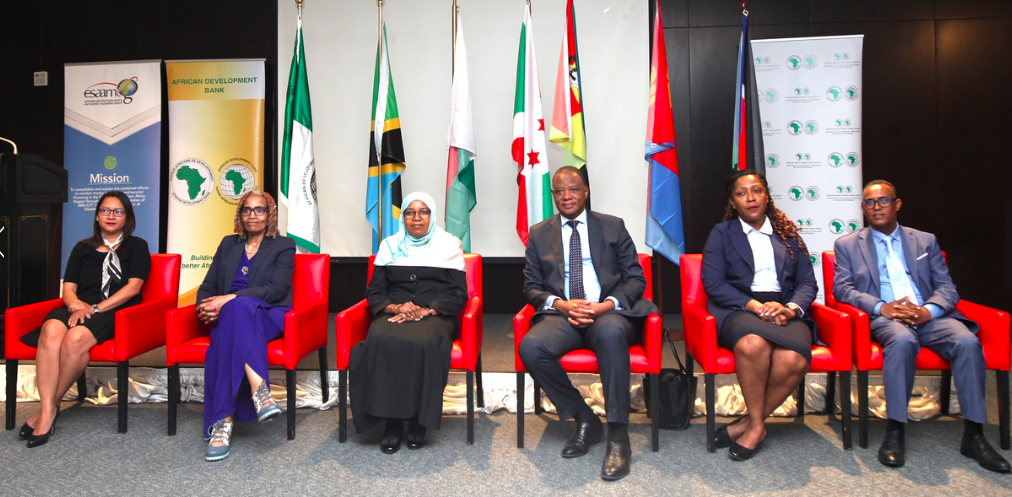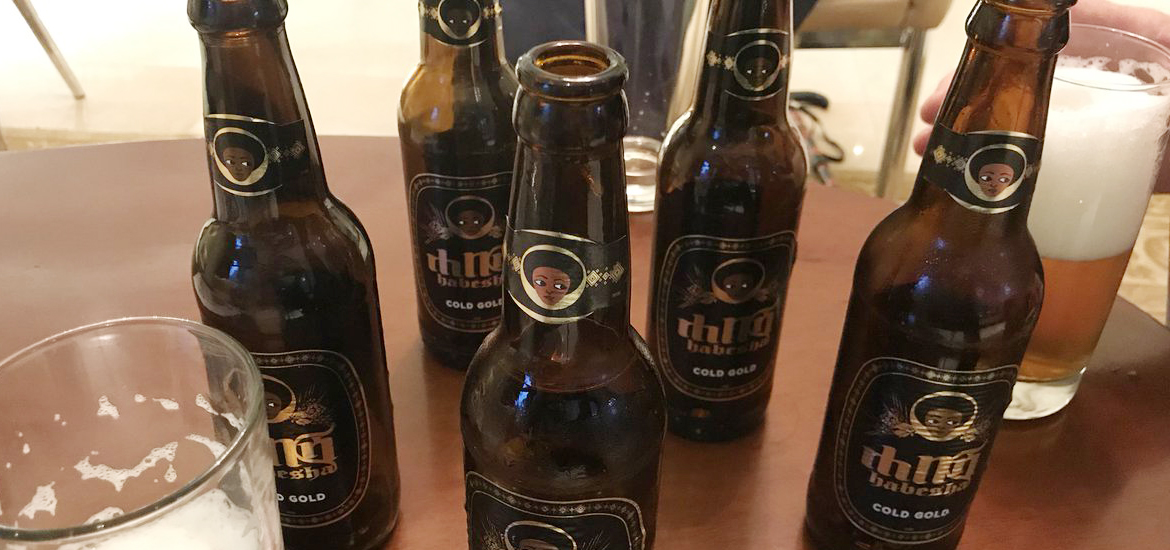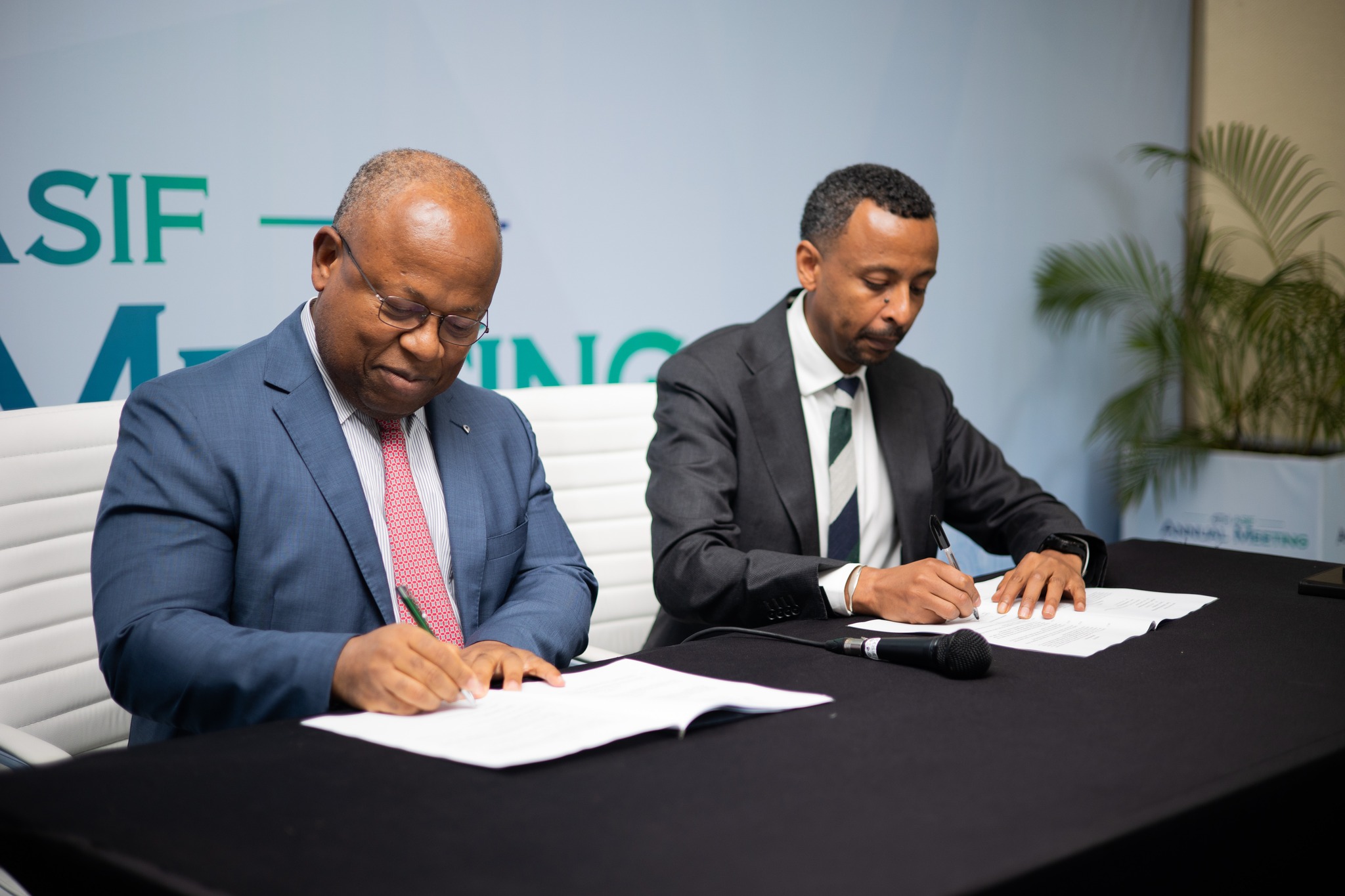U.S. View of Ethiopia’s Investment Climate, One Stat at a Time
BaseLine Team
02 Oct, 2025
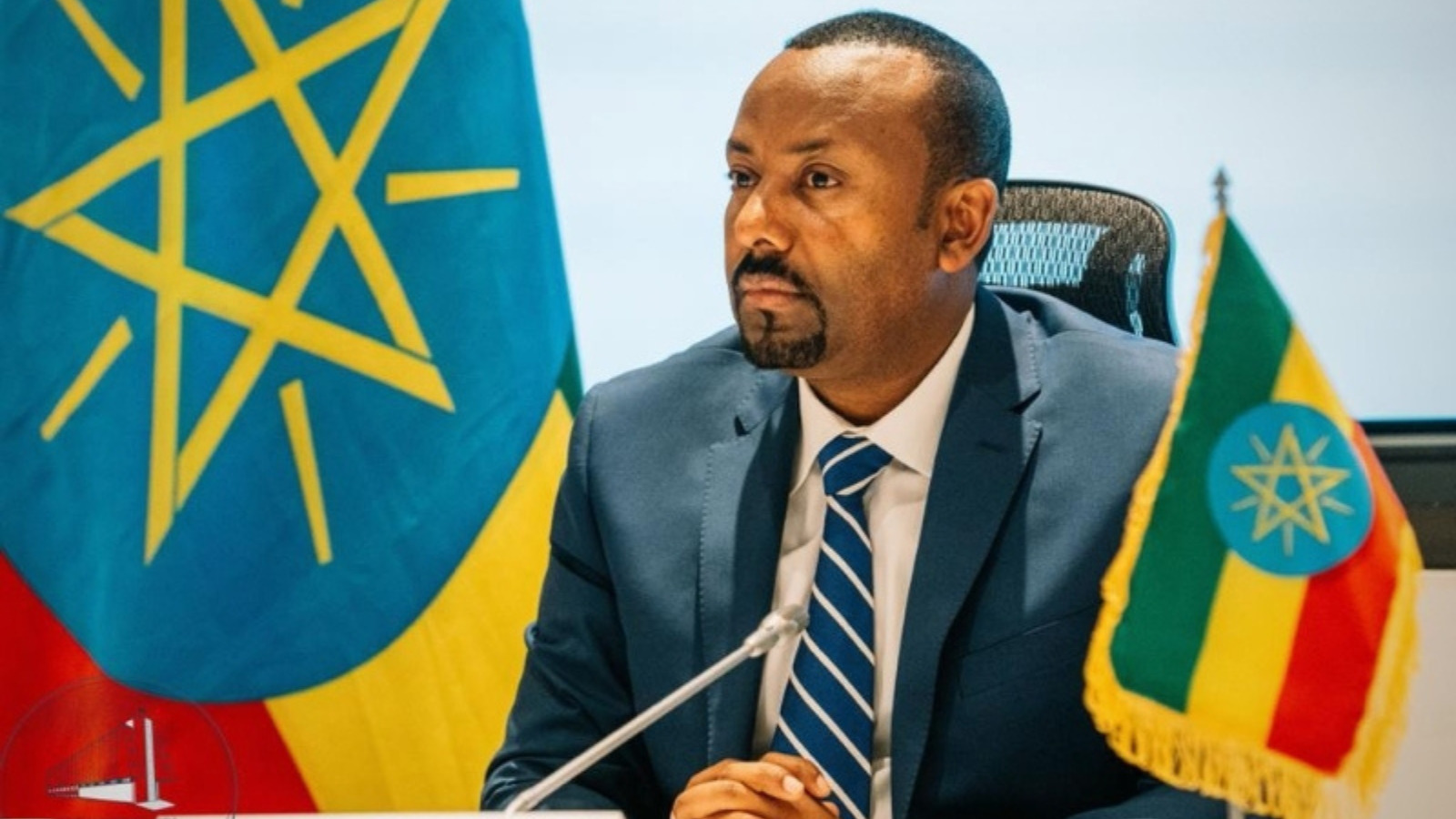
Ethiopia sits at a crossroads: bold economic reforms on paper, but investors still face land seizures, conflict, and unpredictable rules on the ground.
The new 2025 Investment Climate Statement from the U.S. State Department lays it bare. Instead of dropping the 36-page report, we’ll share it with you one number at a time — the stats that really explain Ethiopia’s business reality.
Follow along.
Ethiopia is Africa’s second most populous nation with estimated 135 million that has young labor force and growing consumer markets.
Advantages include cheap labor, Ethiopian Airlines’ continental dominance and expanding urban markets.
It has undergone a major reform on July 2024, with currency float that ended the birr peg and caused >100% depreciation. In turn, it boosted IMF/World Bank support ($10.5B package).
Persistent challenges include conflicts in Amhara, Oromia, Tigray tensions, property expropriations, corruption, poor infrastructure, erratic regulations, SOE dominance, and weak rule of law.
𝟏. 𝐅𝐨𝐫𝐞𝐢𝐠𝐧 𝐈𝐧𝐯𝐞𝐬𝐭𝐦𝐞𝐧𝐭 𝐂𝐥𝐢𝐦𝐚𝐭𝐞
Ethiopia wants FDI but barriers remain: insecurity, weak property rights, foreign currency shortages, arbitrary taxation, customs unpredictability, and favoritism toward SOEs.
Legal framework: 2020 Investment Proclamation opened banking, telecom, trade sectors partially but still restricts majority foreign ownership.
Land cannot be privately owned, only leased (up to 99 years); frequent disputes and forced evictions under “corridor development” projects.
EIC (Ethiopian Investment Commission) is meant to be a one-stop shop, but regional-level conflicts and bureaucracy undercut effectiveness.
𝟐. 𝐓𝐚𝐱𝐚𝐭𝐢𝐨𝐧 𝐚𝐧𝐝 𝐓𝐫𝐞𝐚𝐭𝐢𝐞𝐬
Ethiopia has bilateral investment treaties with Malaysia, Netherlands, Sudan, Sweden, Switzerland, Tunisia, Türkiye, UAE, Yemen.
No U.S.-Ethiopia double taxation treaty.
Tax regime: high rates, frequent sudden changes, digital services tax, inconsistent enforcement. Penalties can exceed annual revenues; firms must pay 50% of disputed tax upfront.
𝟑. 𝐋𝐞𝐠𝐚𝐥 𝐚𝐧𝐝 𝐑𝐞𝐠𝐮𝐥𝐚𝐭𝐨𝐫𝐲 𝐒𝐲𝐬𝐭𝐞𝐦
Transparency limited: weak fiscal oversight, SOE debts hidden.
Courts: understaffed, politically influenced, slow in handling commercial disputes.
Ethiopia acceded to the New York Arbitration Convention (2020) but not ICSID (signed, never ratified). Arbitration is used but enforcement unreliable.
Expropriation common via “public interest” justifications; corridor projects displaced thousands, including foreign businesses.
𝟒. 𝐈𝐧𝐝𝐮𝐬𝐭𝐫𝐢𝐚𝐥 𝐏𝐨𝐥𝐢𝐜𝐢𝐞𝐬
Incentives: tax holidays (2–5 years) for manufacturing, agro-processing, ICT, energy, and export-oriented investments.
Special Economic Zones (SEZs): Dire Dawa + 10 upgraded industrial parks (Adama, Hawassa, Mekelle, etc.). Exemptions on duties/taxes apply.
Performance requirements: capital minimums ($200k new investment, $150k joint venture, $100k engineering/consulting).
𝟓. 𝐏𝐫𝐨𝐩𝐞𝐫𝐭𝐲 𝐑𝐢𝐠𝐡𝐭𝐬
Land publicly owned. Investors only lease. Disputes frequent, especially in Oromia. Corridor projects show high risk of uncompensated seizure.
Intellectual Property: limited enforcement, Ethiopia recently acceded to Paris Convention & Madrid Protocol (pending parliament ratification). WTO accession expected in 2026.
𝟔. 𝐅𝐢𝐧𝐚𝐧𝐜𝐢𝐚𝐥 𝐒𝐞𝐜𝐭𝐨𝐫
Capital markets: Ethiopian Securities Exchange (ESX) relaunched Jan 2025 but with only one listing.
Banking: Dec 2024 law allows foreign banks to operate (but capped at 40% ownership, 1 board seat). Minimum capital requirement: $40M (5x Kenya’s). Liquidity low, credit constrained, collateral requirements high.
Foreign exchange: Birr floated July 2024; 120% depreciation. Gap with parallel market re-emerged (>20% by April 2025). Some offshore accounts allowed for large infrastructure/mining FDI.
𝟕. 𝐒𝐭𝐚𝐭𝐞-𝐎𝐰𝐧𝐞𝐝 𝐄𝐧𝐭𝐞𝐫𝐩𝐫𝐢𝐬𝐞𝐬 (𝐒𝐎𝐄𝐬)
Around 40 SOEs dominate key sectors (telecom, power, transport, banking, shipping).
They receive preferential access to credit, land, foreign currency.
Privatization has been slow and unsuccessful: sugar enterprises and Ethio Telecom stake sales failed.
𝟖. 𝐂𝐨𝐫𝐫𝐮𝐩𝐭𝐢𝐨𝐧
Corruption remains systemic: land administration, customs, tax collection.
2025 Asset Recovery/Unexplained Wealth Law allows seizure of assets >10M birr without clear documentation, raising due process concerns.
Ethiopia ranked 99/180 on Transparency International’s 2024 CPI (score: 37/100).
𝟗. 𝐏𝐨𝐥𝐢𝐭𝐢𝐜𝐚𝐥 𝐚𝐧𝐝 𝐒𝐞𝐜𝐮𝐫𝐢𝐭𝐲 𝐑𝐢𝐬𝐤𝐬
Ethnic conflict widespread: Amhara Fano insurgency, OLA in Oromia, lingering Tigray instability, violence in Benishangul-Gumuz & Gambella.
Over 4.2M IDPs, plus 1M refugees hosted.
Political space shrinking ahead of 2026 elections; opposition faces harassment and arrests. Media tightly controlled, civic space restricted.
U.S. Travel Advisory: Level 3 – Reconsider Travel.
𝟏𝟎. 𝐋𝐚𝐛𝐨𝐫 𝐌𝐚𝐫𝐤𝐞𝐭
High unemployment (18.9% urban in 2022, likely higher now). Nearly half of workers in informal sector.
Oversupply of low/medium-skilled labor; shortage of highly skilled workers.
Wages low: median monthly ~3,000 birr; high turnover in industrial parks.
Minimum wage framework created (2019) but not implemented.
Right to collective bargaining restricted; CETU is the main union.
𝟏𝟏. 𝐔.𝐒. 𝐃𝐞𝐯𝐞𝐥𝐨𝐩𝐦𝐞𝐧𝐭 𝐅𝐢𝐧𝐚𝐧𝐜𝐞
U.S. DFC paused operations for two years but restarted in mid-2023, now reviewing projects again.
According to the new 2025 Investment Climate Statement from the U.S. State Department, Ethiopia has immense market potential due to demographics, geography, and reforms like the currency float. But it remains one of Africa’s riskiest investment environments due to political instability, arbitrary regulation, land insecurity, SOE dominance, and corruption.
